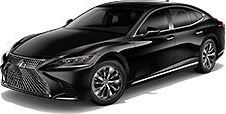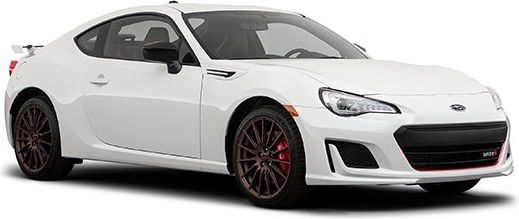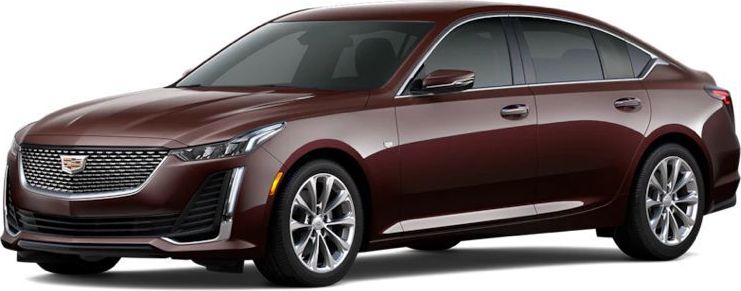Purchasing a new vehicle is an exciting adventure but also a significant investment that requires careful consideration. Before you take the plunge, there are several key factors you should evaluate to ensure that your chosen vehicle aligns with your lifestyle, budget, and long-term needs. From understanding your driving habits to budgeting for not just the purchase price but the total cost of ownership, this guide will walk you through the essentials to mull over before making your decision. With the right preparation and knowledge, you can turn the car-buying experience from daunting to delightful.

1. Evaluate Your Needs Thoroughly
Before stepping foot into a dealership, it is crucial to allocate sufficient time to thoroughly evaluate your genuine requirements when it comes to a vehicle. Take into consideration various factors such as the size of your family, the nature of your typical journeys (be it city driving or off-road escapades), and any specific features that you deem indispensable (such as cutting-edge safety technologies or enhancements in fuel efficiency). A smart choice can be buying a luxury car because it often comes with advanced safety features, superior performance, and unparalleled comfort, enhancing the overall driving experience. Conversely, if budget constraints are a priority, exploring the compact or mid-size sedan market can offer excellent value with remarkable fuel efficiency and lower maintenance costs, making it a sensible choice for daily commuters. By developing a crystal-clear comprehension of your needs, you will be able to effectively narrow down the extensive array of options available to those that align best with your unique lifestyle and preferences.
2. Grasp The Total Cost Of Ownership
The realm of vehicle ownership extends far beyond the initial price tag. It encompasses a multitude of additional expenses like insurance, maintenance, fuel, and depreciation. Prior to finalizing a purchase, it is imperative to delve deep into the average maintenance costs associated with the vehicle models that capture your interest, along with their fuel efficiency and insurance expenses. This holistic view of the total cost of ownership will prove instrumental in making well-informed financial decisions that resonate with your overall budget and financial objectives.
3. Explore Financing Choices And Budgeting
Setting clear financial boundaries and gaining a comprehensive understanding of the diverse financing options at your disposal are paramount steps in the vehicle acquisition process. Determine whether you prefer to make an upfront payment or if you are inclined towards seeking a loan. In the case of contemplating a loan, meticulously compare interest rates and terms to ensure that the monthly payments align harmoniously with your budgetary constraints. It is essential to bear in mind that the price of a vehicle is negotiable, and staying abreast of prevalent market trends can provide you with a strategic advantage during negotiations.
4. New Vs. Certified Pre-Owned
The decision between opting for a brand-new vehicle or a certified pre-owned (CPO) one can have a significant impact on your financial outlay and warranty preferences. While new vehicles boast state-of-the-art features and extensive manufacturer warranties, they are susceptible to rapid depreciation. Conversely, CPO vehicles offer a degree of assurance with manufacturer-endorsed warranties and have already undergone substantial depreciation, rendering them a more economically viable alternative that balances cost-effectiveness with reliability.
5. Importance Of Test Drive And Inspection
Underestimating the value of a test drive is a folly that can be easily avoided. Embarking on a test drive enables you to meticulously evaluate the vehicle's performance, comfort, and suitability in accordance with your driving habits. Pay close attention to the vehicle's handling, the user-friendliness of controls, and the level of visibility it affords. In the case of CPO vehicles, it is advisable to consider enlisting the services of a trusted mechanic to conduct a thorough inspection of the car in addition to carrying out a test drive.
6. Dive Into Research And Reviews
Augmenting your automotive knowledge entails delving into comprehensive research and perusing reviews pertaining to the models under your consideration. Seek out professional evaluations, safety ratings, and feedback from fellow consumers to garner a profound insight into the vehicle's long-term performance and reliability. This treasure trove of information not only instills confidence but also equips you with the requisite knowledge to make a well-informed decision that aligns seamlessly with your preferences and requirements.

The road to acquiring a new vehicle is paved with numerous considerations that extend far beyond mere aesthetic appeal or the initial thrill of ownership. It requires a profound understanding of your needs, a keen eye on the total cost of ownership, a comprehensive exploration of financing options, and a significant choice between new and certified pre-owned vehicles. Additionally, the indispensable role of test drives, vehicle inspections, and diligent research cannot be overstated in making an informed decision. By meticulously addressing each of these elements, you position yourself to make a choice that not only satisfies your immediate desires but also aligns with your long-term financial and lifestyle goals. Remember, purchasing a vehicle is not just about mobility; it's about making a smart investment in your future quality of life.




